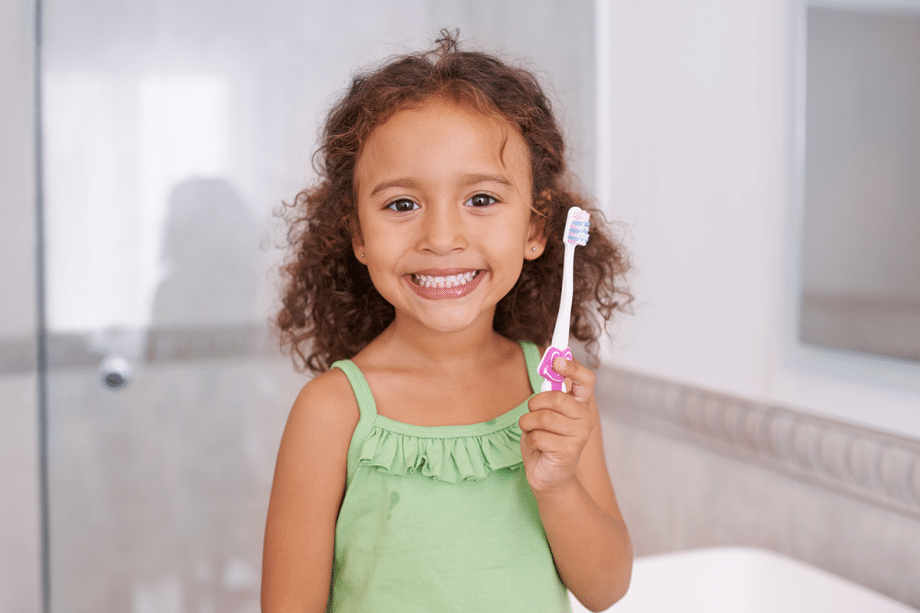Babies bring a lot of joy. They also bring a lot of work. There are so many things to do to care for your child that it is easy for something to get missed. For instance, most parents don’t think about dedicating time to a baby’s oral health until they have some teeth. Even then, they are not sure just how much time should be spent doing so.
Scheduling an appointment with a pediatric dentist is a great way to learn all about caring for your child’s teeth, based on age and their current stage of development. In the meantime, let’s talk about when you should start brushing baby teeth.
Importance of Caring for Baby Teeth
Baby teeth, more formally known as primary teeth, are not going to stick around permanently, but they still need to be cared for. After all, having a mouth full of healthy, strong teeth as a young child can make it easier to chew food thoroughly, learn to speak properly, and maintain jaw space for future permanent teeth.
Properly caring for baby teeth will make all of these things easier for your child now - and in the future.
When You Should Start Brushing Baby Teeth
When should you start brushing baby teeth? As soon as your child gets a tooth! It may seem silly to brush only one tooth, but they are subject to decay so keeping that tooth clean helps maintain good oral health.
Brushing should continue routinely as more baby teeth begin to erupt. Then, flossing should become part of their oral hygiene routine as soon as there are two teeth side by side.
Bear in mind that your child should be seen by a pediatric dentist between the ages of six months and one year, whether any teeth have erupted or not.
Tips for Properly Caring For Baby Teeth
So, how do you care for your child’s baby teeth? And what if they don’t have any? Below are a few tips to help you provide your little one with the best oral care.
- Before teeth have erupted - or even just a few - keep gums healthy by gently wiping them down with a damp cloth. This should be done after each feeding. Focus on all areas - including the gums, tongue, and cheeks.
- Don’t share food with your child or use the same utensils. This will cause more bacteria to enter their mouth. If you happen to do this, make sure you are wiping down their mouth after.
- Once your child has one tooth, begin using a soft child’s toothbrush. Or, consider investing in a rubber brush that fits on your finger. Either can be used to clean all the areas you were previously cleaning with a damp cloth.
- Do not use toothpaste until your child is about two years of age and can understand to spit it out rather than swallow. And don’t use mouthwash until the child is about 6 years old.
- Be sure to monitor your baby’s teeth and gums for any signs of bleeding or other irregularities. If you notice anything, contact your pediatric dentist.
Learn More About Caring For Your Baby’s Teeth
You can care for your baby’s oral health in many ways - even before teeth erupt. At Attleboro Pediatric Dentistry, we understand that giving parents and caregivers the right guidance and tools at an early age can set the foundation for a child’s future oral health.
To find out more about caring for your baby’s teeth, contact us today at 508-409-6160 . Or, request an appointment online.


